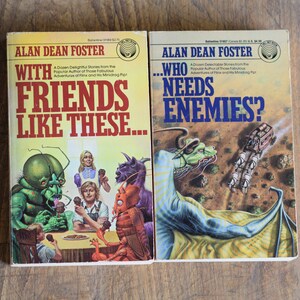

We’re also in a study being conducted by the Ragon Institute and Mass. We did it because, having survived the disease, we thought that if our experience could help others, we should do whatever we could to help. The plasma is then given as treatment to those hospitalized with severe cases of COVID. They take blood from one arm, spin it down to harvest the plasma, then put the red blood cells back in the other arm. GAZETTE: After you had recovered, I remember seeing a photo of you both giving blood at Massachusetts General Hospital in an effort to help researchers develop a treatment or vaccine.īACOW: We both went through leukapheresis.


And we are going to get the second one in a couple of weeks. GAZETTE: Have you gotten the vaccine yet?īACOW: We’ve each received our first shot. The good news is that we still look forward to the next meal together. Adele and I were just talking the other day and realizing that we’ve had breakfast, lunch, and dinner together virtually every day for an entire year. We had no long-term effects, other than what everybody’s experiencing from being confined within a very narrow circle. How are you both feeling today? Have you suffered any lasting effects from the virus?īACOW: Fortunately, we recovered completely from it. GAZETTE: You and your wife, Adele, had COVID-19 last year. Bacow also looked ahead to Harvard’s ongoing development in Allston and to a range of programs, collaborations, and initiatives aimed at tackling some of the world’s most pressing problems. A year after making the difficult and somewhat disputed decision to de-densify Harvard’s campus, and a year after recovering from COVID-19 himself, Harvard President Larry Bacow sat down with the Gazette over Zoom to reflect on how the University and the community have met the challenges posed by COVID-19.


 0 kommentar(er)
0 kommentar(er)
